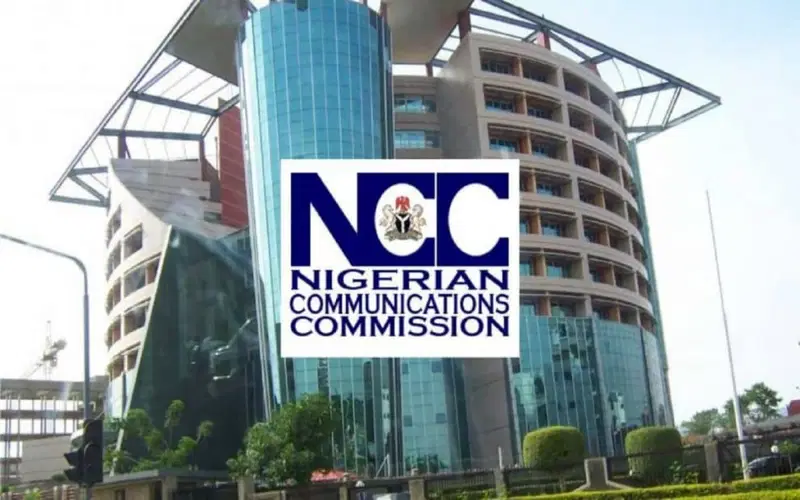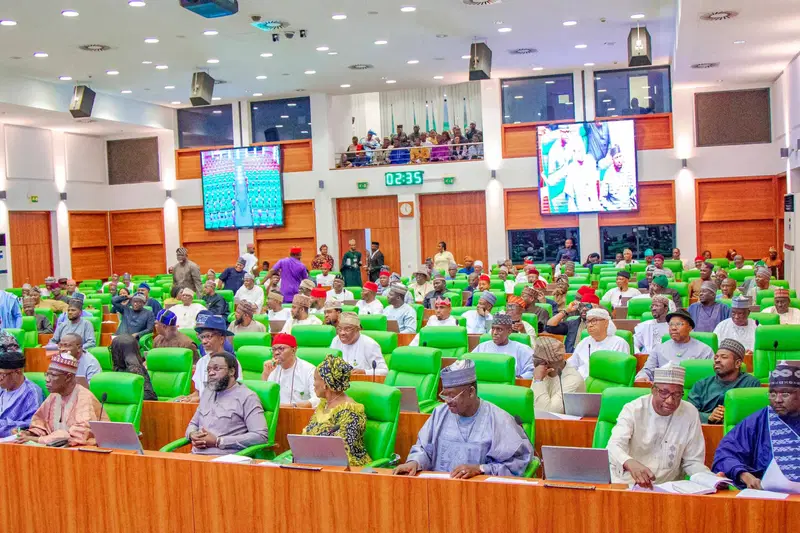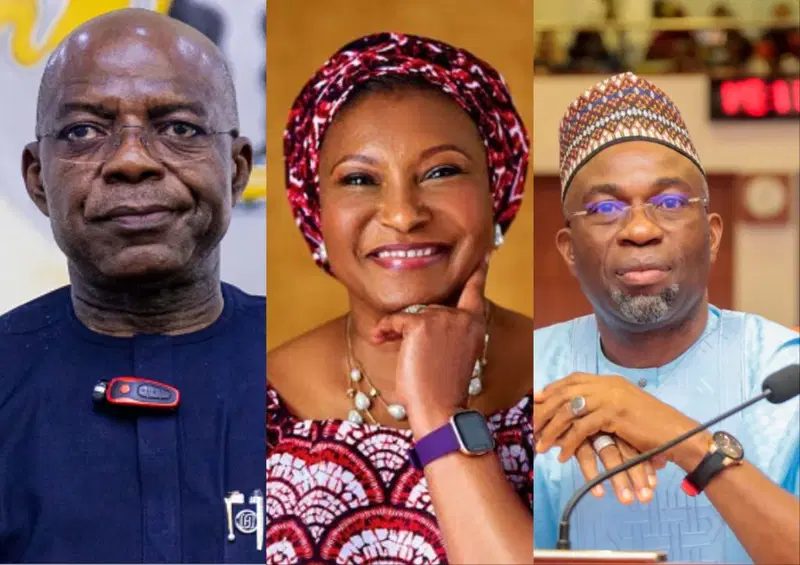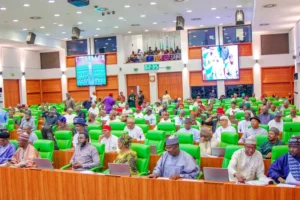- Nigerians spent $2.3 billion on foreign education and health services in the first nine months of 2024, a 26% increase despite the naira’s 30% depreciation.
- Spending on foreign education rose by 26.5% to $1.8 billion, while foreign health services spending increased by 24.8% to $465.67 million.
- The surge in spending is attributed to panic and front-loading of FX demand, as well as an indictment on Nigeria’s university system and healthcare gaps.
Despite the naira’s significant depreciation, Nigerians have increased their spending on foreign education and health services. According to data from the Central Bank of Nigeria, spending on these services rose by 26% to $2.3 billion in the first nine months of 2024.
The increase in spending on foreign education and health services is a cause for concern, as it highlights the shortcomings of Nigeria’s university system and healthcare sector. The Academic Staff Union of Universities (ASUU) and the Congress of University Academics (CONUA) have attributed the surge in spending to the country’s failing education system.
Factors Contributing to Increased Spending
- Panic and Front-loading of FX Demand: According to Nnamdi Nwizu, Co-Managing Partner at Comercio Partners, the massive depreciation of the naira led to panic among individuals, resulting in front-loading of FX demand.
- Gaps in Local Healthcare System: Medical professionals have emphasized the need for urgent reforms in Nigeria’s healthcare sector, citing critical gaps in the system.
- Indictment on Nigerian Varsity System: The increase in spending on foreign education has been attributed to the failing university system in Nigeria, prompting calls for reform and improvement.
The National Parent Teacher Association of Nigeria (NAPTAN) has called for an investigation into the sources of funding for foreign education, highlighting concerns about the sustainability of this trend.





















